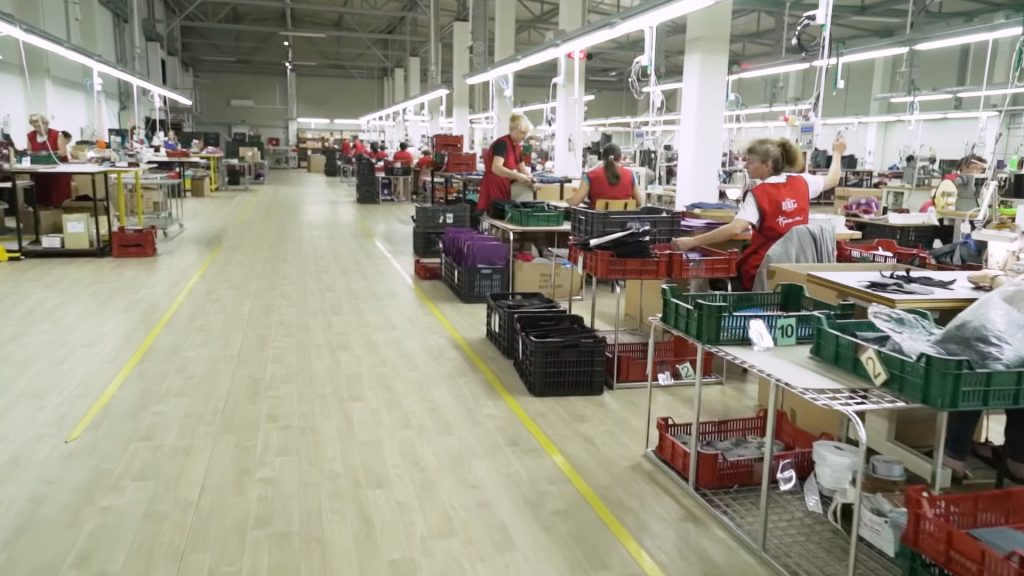Yes, the leather industry is a significant part of the larger manufacturing sector. It falls under the textile and apparel manufacturing industry and is notably recognized for its intricate and multi-step production process, which transforms raw animal hides into finished leather goods.
Source and Processing of Raw Material
Leather production begins with the procurement of raw hides or skins, typically obtained as by-products from the meat industry. The raw hides undergo a complex process known as tanning to transform them into durable leather.
Tanning Process
Tanning involves treating the raw hides with a tanning agent, such as vegetable tannins or chromium salts, to stabilize the protein structure and prevent decomposition. The tanned hides are then dried, softened, and further treated to achieve the desired color and finish.
Production of Leather Goods
Once the leather is prepared, it is used to produce a variety of goods, from fashion items like handbags and shoes to furniture and car interiors. This stage of the process involves designing, cutting, stitching, and finishing the leather to create the final product.
Companies like Leather Bag Factory are deeply ingrained in this segment of the manufacturing industry, offering a range of leather goods, including handbags, crafted with meticulous attention to detail and quality.

Evolution of the Industry
While the leather industry is a longstanding part of the manufacturing sector, it is not without its challenges. Increasing awareness and concern over ethical and environmental issues associated with traditional leather production have led to changes within the industry. Today, many manufacturers are exploring sustainable and cruelty-free alternatives, such as plant-based and synthetic leathers.
Conclusion
In summary, the leather industry is a complex and significant subset of the manufacturing sector, transforming raw hides into a multitude of finished products. Its practices and products continue to evolve in response to changing market demands and ethical considerations.